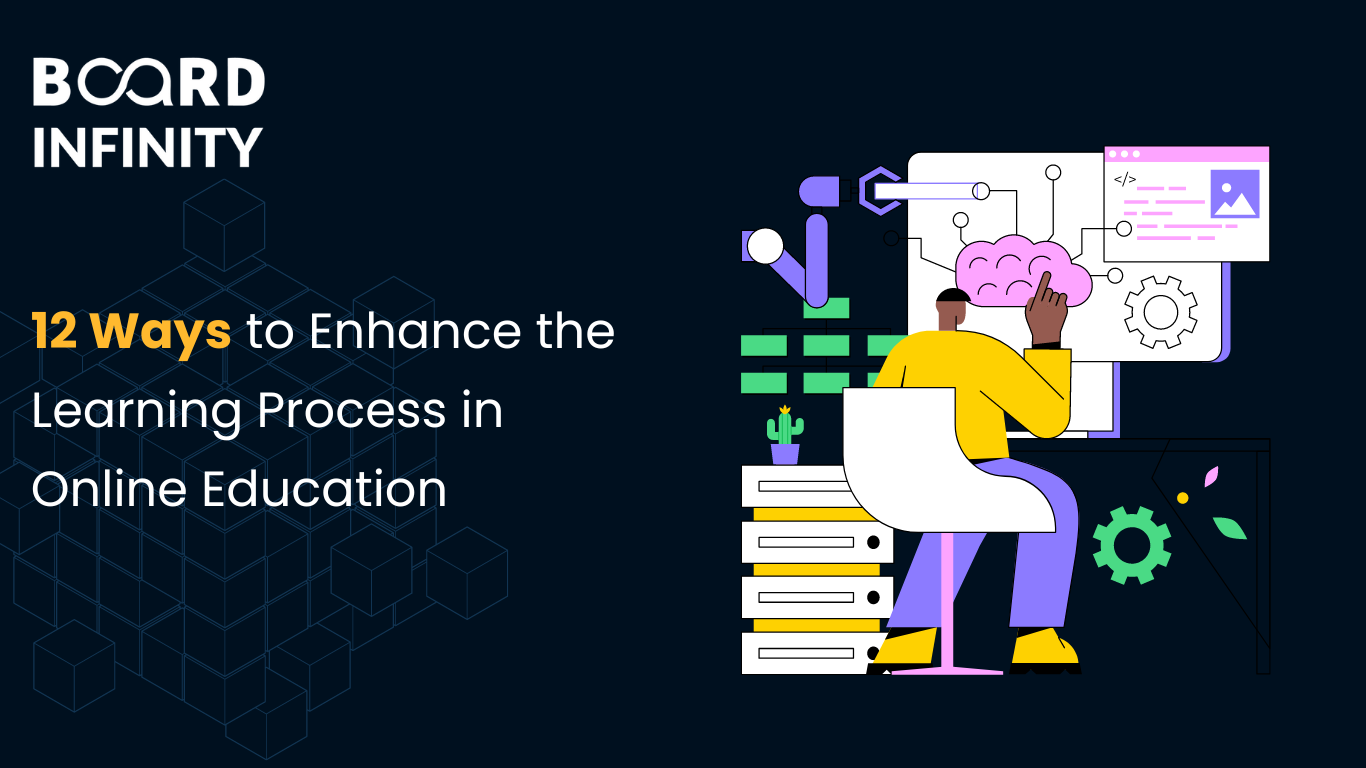
Online education has become increasingly popular, offering students the flexibility to learn from anywhere at their own pace. However, the online learning environment presents unique challenges that can impact the learning process. To maximize the benefits of online education and enhance the learning process, here are twelve valuable strategies and tips for students to consider.
Strategies to Enhance the Learning Process
1. Set Clear Goals: Define your learning objectives and set specific, achievable goals for each study session. Having a clear direction helps you stay focused and motivated throughout your online learning journey.
2. Create a Study Schedule: Establish a consistent study schedule that aligns with your daily routine. Allocate dedicated time for each subject or course, and stick to your schedule to maintain a sense of structure and discipline.
3. Utilize Online Resources: Take advantage of the vast array of online resources available, such as video lectures, e-books, and interactive quizzes. Explore different learning platforms and tools that cater to your preferred learning style.
4. Engage Actively in Discussions: Participate actively in online discussions, forums, and group chats related to your course. Share your insights, ask questions, and collaborate with peers to deepen your understanding of the subject matter.
5. Take Regular Breaks Break up your study sessions with short breaks to rest and recharge. This helps prevent burnout and improves your ability to retain information.
6. Practice Self-Assessment Regularly assess your progress and understanding of the material through self-tests, quizzes, or practice exams. Identify areas of weakness and focus on improving them.
7. Seek Feedback Request feedback from instructors or peers on your assignments or projects. Constructive feedback helps you identify areas for improvement and refine your skills.
8. Stay Organized Keep your study materials, notes, and assignments organized in digital folders or notebooks. Create a system that works for you, such as color-coding or labeling, to easily access and manage your resources.
9. Use Mind Mapping Utilize mind mapping techniques to visualize and organize complex concepts or ideas. Mind maps can help you connect related topics and improve your understanding of the material.
10. Stay Motivated by setting rewards for achieving your study goals, such as taking a break, treating yourself to a favorite snack, or engaging in a hobby. Celebrate your achievements along the way to maintain a positive attitude.
11. Practice Active Learning Engage in active learning techniques, such as summarizing, paraphrasing, or teaching the material to someone else. Active learning promotes deeper understanding and retention of the material.
12. Stay Connected with Peers Maintain regular communication with classmates or study buddies through virtual study groups or video calls. Collaborating with peers can provide additional support and motivation.
Conclusion
Online education offers a wealth of opportunities for students to learn and grow, but it requires proactive engagement and effective study strategies. By setting clear goals, creating a study schedule, utilizing online resources, and actively participating in discussions, students can enhance their learning process and maximize the benefits of online education.
With dedication, organization, and a positive mindset, students can excel in their online courses and achieve their academic goals. For additional support and guidance in your online education journey, consider utilizing the services of paperperk.com, a reputable platform that offers expert essay writing and assignment help. With professional assistance, you can further enhance your learning experience and succeed in your online education endeavors.
